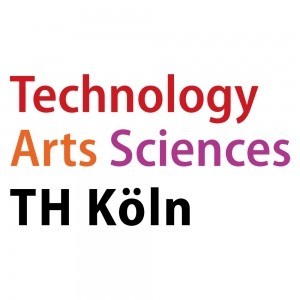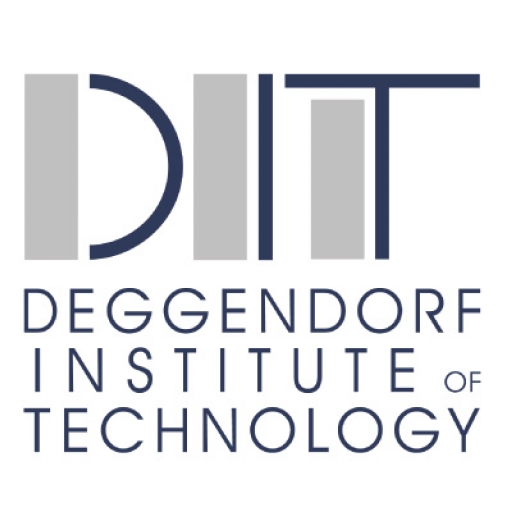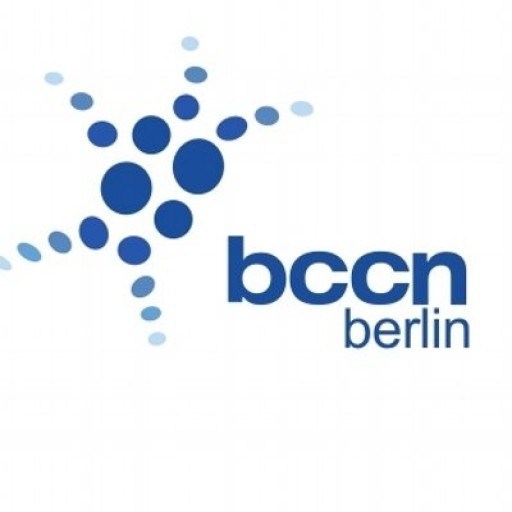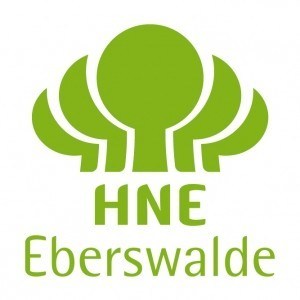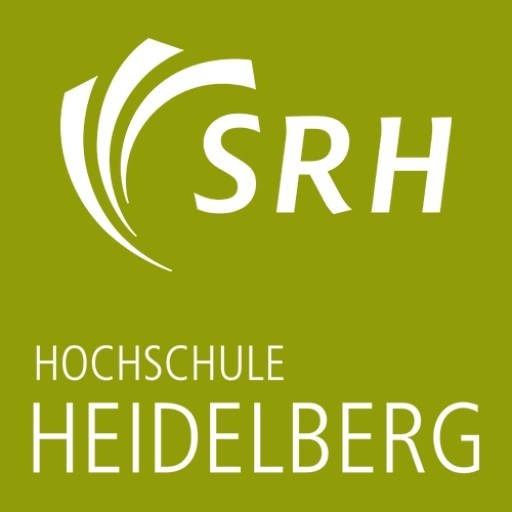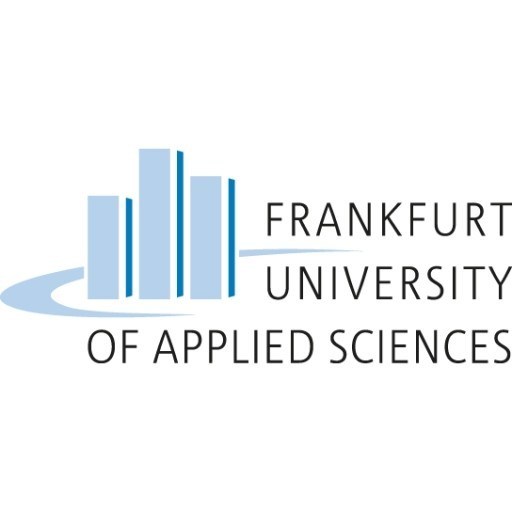Photos of university / #unistuttgart
Study Program: Information Technology (INFOTECH) at the University of Stuttgart
The Master’s degree program in Information Technology (INFOTECH) at the University of Stuttgart is a comprehensive advanced study that prepares students for challenging careers in the rapidly evolving field of information technology. This program combines theoretical foundations with practical skills, fostering innovation and enabling students to develop solutions for complex technological problems. Students will gain in-depth knowledge of core areas such as software engineering, computer networks, cybersecurity, data management, and artificial intelligence, along with the latest advancements in digital transformation, cloud computing, and Internet of Things (IoT). The program emphasizes a multidisciplinary approach, integrating elements of computer science, electrical engineering, and business informatics to provide a broad understanding of IT systems in various industries.
Throughout the course of study, students will engage in rigorous coursework, research projects, and hands-on laboratory exercises designed to enhance their technical proficiency and problem-solving capabilities. The curriculum is structured to support both theoretical understanding and applied skills, with optional specializations allowing students to focus on areas such as cybersecurity, data science, or software engineering. The program also promotes soft skills development, including teamwork, project management, and scientific communication, essential for leadership roles in the tech industry.
The University of Stuttgart boasts state-of-the-art laboratories and research facilities, providing students access to cutting-edge technology and fostering collaboration with industry partners through internships and joint projects. The program is designed to be internationally oriented, with opportunities for exchange semesters and collaborations with universities worldwide, preparing graduates for global careers.
Graduates of the INFOTECH program are well-equipped to pursue careers in software development, IT consulting, system architecture, research and development, or to continue their academic journey toward doctoral studies. With a solid foundation in both theoretical and practical aspects of information technology, alumni can contribute to the digital transformation of various sectors including automotive, manufacturing, finance, and public administration.
In summary, the Master’s in Information Technology at the University of Stuttgart offers a comprehensive, forward-looking education that combines advanced technical knowledge with practical experience, preparing students for leadership roles in the digital economy and research environments.
Educational organisation
Three semesters with lecture courses, exercises, lab course, and seminar; one semester for the Master's thesis projectTypically, the first semester is for the basic modules.
Semesters two and three are used for the core and supplementary modules, the seminar, the lab course, and the non-technical modules.
The fourth semester is dedicated to the six-month Master's thesis project.
German language proficiency is not obligatory but can be acquired in a free-of-charge German language course (Level A1.1) for INFOTECH students and in free-of-charge German language courses (Levels A 1.2 - B 1.2) for international Master's students offered by the Language Centre of the University of Stuttgart.
Students in need of a scholarship should inquire and apply first at a local or international funding agency in their home country, e.g. the German Academic Exchange Service (DAAD, http://www.daad.de). As scholarships offered by the DAAD are awarded on the basis of academic merit, first-year students are only rarely given consideration.
Forms of assessment
Written or oral examinations consecutive to the respective course; 120 ECTS credit points must be collected.Course objectives
The Master of Science course of study aims at the interdisciplinary education and training of fundamental methods and scientific skills for development and research in information technology. Graduates will find employment opportunities in research and development (R&D), technical management or business sectors of industrial companies around the globe or continue with their scientific qualification towards a doctoral degree.Language requirements
All students will be required to show proof of a working knowledge of the English language via tests such as TOEFL (e.g. Internet-based 80 points), IELTS, CPE or proof that the undergraduate studies were taught in English.Academic requirements
Bachelor of Science (BSc) degree (or similar) of at least three-year course of study in fields such as computer science, communications, electrical engineering (communications), electronics engineering, information technology or automation.The cumulative grade point average (CGPA) should be equivalent to "good" or better. Decisions on admittance will ultimately be based on the students' grade point averages and on their educational and professional background in the subject fields. If the university does not support the GPA system, overall averages, percentages, etc. can be used as well.
Enrolment fees
Approx. 170 EUR per semesterCosts of living
To cover living expenses, you will need about 750 EUR per month. This is for rent (approx. 300-350 EUR), health insurance for non-EU residents (approx. 80 EUR), the semester ticket for public transport (190 EUR/six months), food (approx. 200 EUR), other incidental expenses and working materials (approx. 100 EUR).Job opportunities
Owing to its location in the heart of one of Europe's largest high-tech regions, there are many opportunities to find employment. Nevertheless, please do not come to Germany expecting to be able to finance your entire studies by working. The study load is very high and it is not always easy to find a part-time job. Non-EU citizens are allowed by law to work for a maximum of 120 full days (240 half days) per year. Students who are employed by the university in one of the institutes or departments ("Studentische Hilfskräfte") are exempt from this regulation, but other restrictions apply. You are not allowed to work during the first year while attending a German language class in preparation for the test of German as a foreign language (TestDaF).Arrival support
A pick-up service is part of our welcome package. If you wish, you will be contacted before your departure, and if you arrive between 8am and 8pm, you will be met at Stuttgart airport or railway station and taken to your accommodation. Your host partner will also help you to deal with all formalities. This service is free of charge.Services and support for international students
Cross-Cultural Mentoring ProgrammeThe Office of International Affairs invites international degree students to sign up for the "Cross-Cultural Mentoring Programme". The programme is intended to ease initial challenges at the university as well as to offer study information, counselling services, subject-specific tutorials, courses, and activities during the whole study programme.
For further information, please contact: heidenreich@ia.uni-stuttgart.de.
The Welcoming Service
The Office of International Affairs offers a buddy programme in order to support you with all formalities at the beginning of your studies. For further information, please visit our website: http://www.ia.uni-stuttgart.de/internat/studierende/services/buddyprogramm/index.en.html.
Accommodation
Both campuses in Stuttgart-Vaihingen and in Stuttgart city centre have on-site halls of residence. Dorm rooms (ranging from 240-350 EUR per month) are furnished, some are equipped with a sink, and all have access to kitchen and sanitary facilities, telephone, and Internet. From the campus in Stuttgart-Vaihingen, the city of Stuttgart can be reached by suburban railway within 10 minutes. If you are under 30 years old and want to apply for a room in one of the student dormitories, please contact the student service:Studentenwerk Stuttgart
Rosenbergstraße 18
70174 Stuttgart
Germany
Phone: +49 (0)7 11-9 57 44 70
Fax: +49 (0)7 11-9 57 44 50
E-mail: wohnen.sws@t-online.de
Internet: http://www.sws-internet.de

